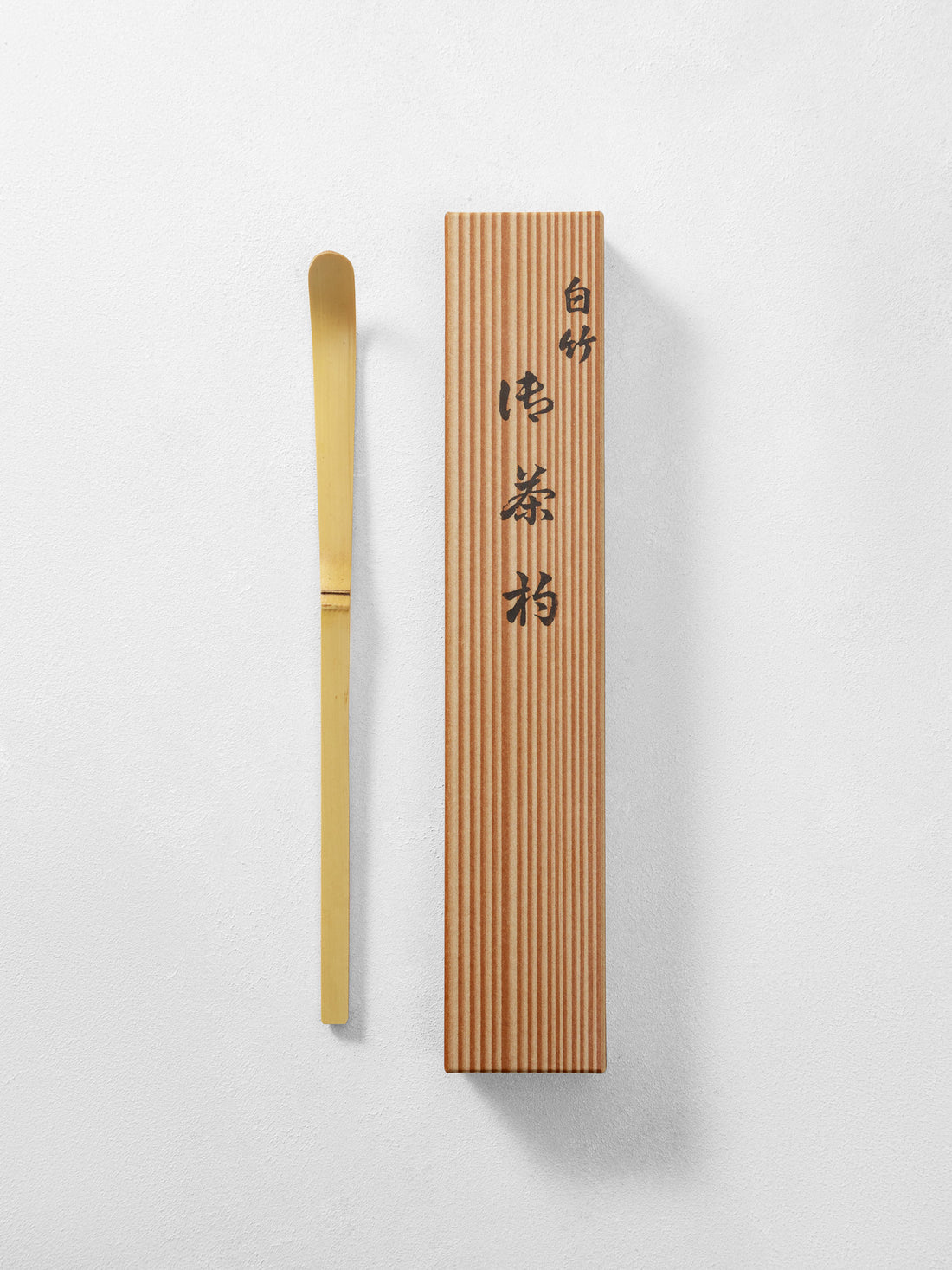INUCHA is honored to work with a tea garden with more than 100 years of history in Ujitawara province, Kyoto, the land known as the cradle of Matcha. Let's explore the peaceful beauty of this tea farm with INUCHA!
Uji is a southern part of Kyoto, is famous for its tea production, with a history and reputation spanning over 800 years in the Japanese tea industry. Its favorable climate, fertile soil, and pristine water contribute to the exceptional quality of Uji tea.
Upon arriving in Ujitawara, you'll immediately be captivated by the alluring green tea fields and traditional Japanese houses, providing a tranquil glimpse of Japan's timeless countryside beauty. Yamashiro's geographical conditions, with mountain valleys and clear streams of the Uji and Kizu rivers, create the perfect environment for growing Japanese tea. The temperature fluctuations between night and day generate a bright mist that shields the tea leaves from frost and enhances moisture levels, resulting in a more flavorful tea.

INUCHA's partner tea garden has been present in Ujitawara for more than 100 years. They own tea fields throughout the Ujitawara region, including the famous Obukudani area, at the foot of the holy mountain Mt. Jubu, where the monk stayed at Shingon Buddhist Myōe (明恵) is said to have planted one of the first tea seeds in Kyoto. In 2022, they received the prestigious "京の老舗" award from Kyoto Prefecture for their centenary history and were also honored with the Nihoncha award for their Gyokuro tea in 2018.

The tea garden's cultivation of tea began in the Kamakura period (1185 - 1333), and the green tea production method that became the basis of today's tea making was born here in the middle of the Edo period (1603 - 1868). ). The bright green color and cool flavor of Japanese sencha were attributed to Nagatani Soen (1681 - 1778), a tea maker who lived in Yuyadani, Ujitawara. In 1738, after 15 years of experimentation, he developed a method called aosei sencha seiho (青製煎茶製法), which involved steaming fresh tea leaves and rolling them by hand on a hoiro (焙炉) table to protect their green color and fragrance. Soen's generosity in sharing this method led to its widespread adoption, making him the father of sencha - the most popular Japanese green tea today. His birthplace was restored in 1960 and designated a National Heritage site along with the tea lands and tea farmers of Ujitawara in 2015.

Let's explore lines of ceremonial grade matcha that INUCHA is offering for an unforgettable tea experience!









